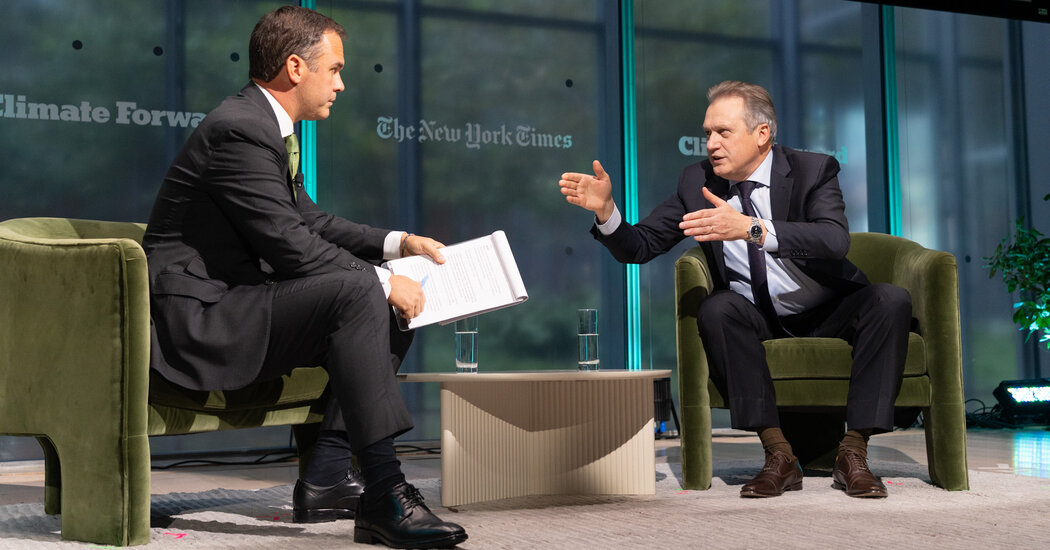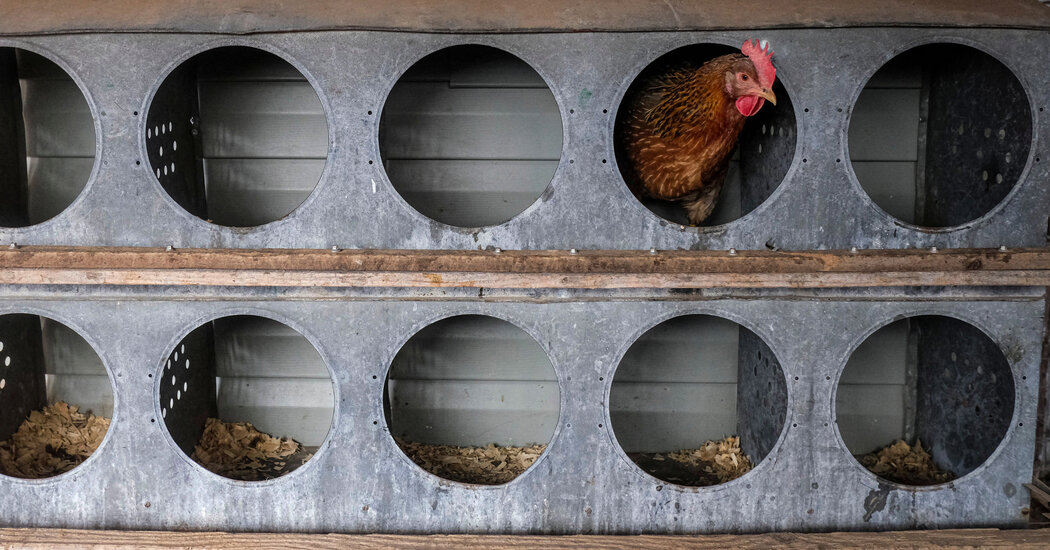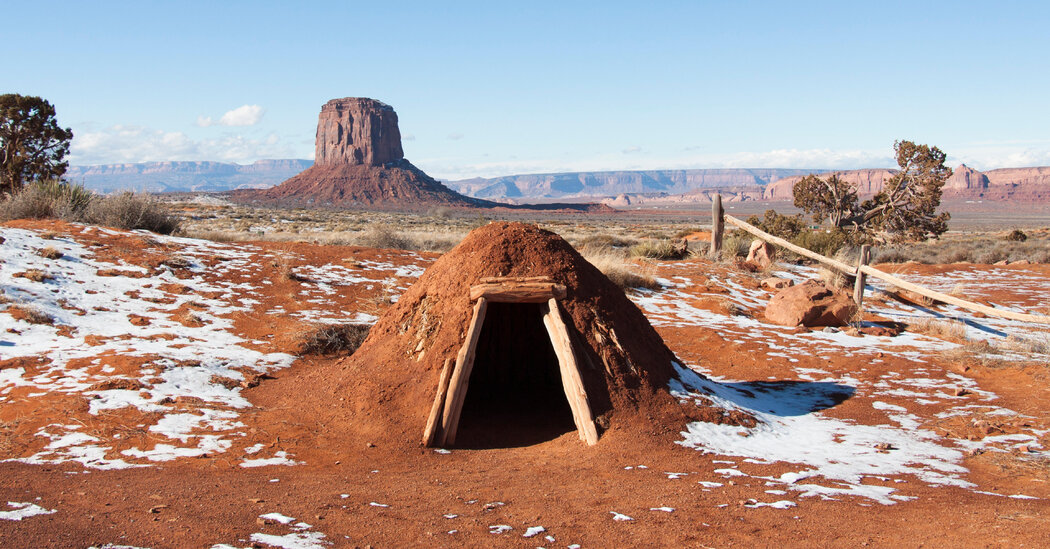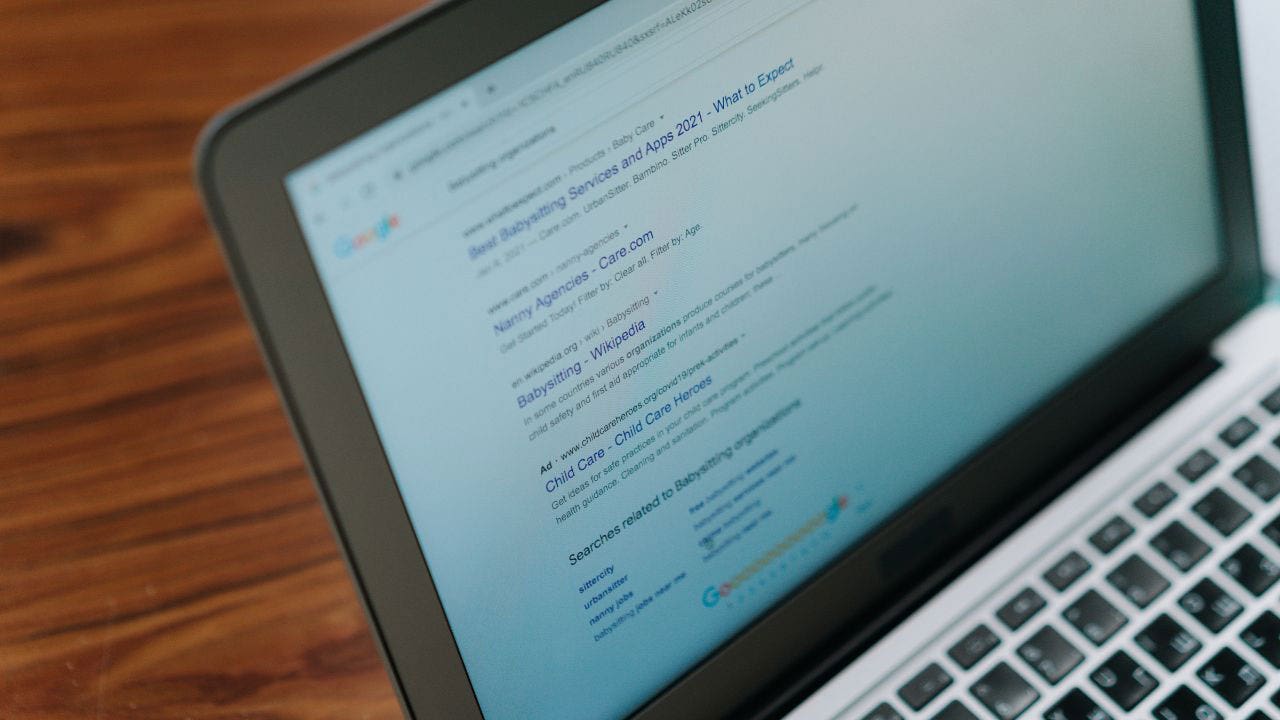The list of individual companies that have a meaningful impact on global greenhouse gas emissions is relatively short, and dominated by oil and gas producers. Think Exxon, Shell, Chevron and BP.
But there is another company that belongs in that conversation: JBS, the world’s largest meat producer, which has annual revenues of more than $50 billion. (The name comes from the initials of its founder, José Batista Sobrinho.)
With operations around the globe and a supply chain that reaches deep into ecologically sensitive areas like the Amazon rainforest, JBS is responsible for significant carbon dioxide and methane emissions. One study found that JBS produces more emissions each year than all of Italy, with its total growing by 51 percent between 2016 and 2021. (The company disputes that comparison.)
JBS is already publicly traded in Brazil, where it is based. Now it is pursuing a listing on the New York Stock Exchange, a move that would give JBS expanded access to capital, which it could use to get even bigger. The United States is its largest market.
Environmental activists are trying to block the listing. Last month, Rainforest Action Network, Mighty Earth and World Animal Protection sent letters to the Securities and Exchange Commission detailing what they say is the company’s shoddy environmental record and a litany of dubious corporate governance practices.
“This evidence all points to a company which has no real plan to decarbonize and is highly selective about what it discloses to mislead investors that the company can continue to grow in an industry where ‘business-as-usual’ practices will not cut it,” wrote Glenn Hurowitz, the chief executive of Mighty Earth.
JBS is working hard to persuade the public, and potential investors, that it is a good corporate citizen. And last week, I interviewed the JBS global chief, executive Gilberto Tomazoni, at the Climate Forward live event in New York. Over the course of 30 minutes, I asked him about JBS’s emissions, the public listing, the criticism from activists and more, while Tomazoni defended the company’s record.
‘Strategic information’
Researchers say that as much as 90 percent of deforestation in the Amazon rainforest is linked to the cattle industry. Tropical deforestation for meat production is a double whammy for the climate, replacing biodiverse carbon sinks with clear-cut land full of methane-belching bovines.
JBS is one of the biggest consumers of cattle raised on newly deforested land.
In 2021, an audit led by prosecutors in the Brazilian state of Pará, home to the second-largest cattle herd in the Amazon, found that JBS had bought 301,000 animals, amounting to 32 percent of its purchases in the state, between January 2018 and June 2019 from farms that had violated commitments to prevent illegal deforestation.
A Times investigation found that ranches supplying JBS significantly overlapped Indigenous land, a conservation zone or an area that was deforested after 2008, when laws regulating deforestation were put in place in Brazil.
When I asked Tomazoni what JBS was doing to make sure that the cattle it buys are not coming from newly deforested land, he replied that “this is a big issue and no one can solve it alone.”
He said that JBS had a “zero tolerance deforestation” policy and had cut ties with 16,000 ranchers who were not in compliance. He also called for the creation of a national traceability system that would track individual animals from the ranch to the feedlot to the slaughterhouse.
In a statement, the Brazilian Environment Ministry said that it was already working to create a national monitoring system. It added that companies had a responsibility to trace deforestation links in their own supply chains.
Tomazoni told me that JBS was aiming to reach net zero carbon emissions by 2040. But as I reminded him, that claim was deemed misleading by the National Advertising Review Board. When I asked Tomazoni why he was repeating the claim, he said: “We are so confident that we are doing the right things.”
A JBS spokeswoman added that the company was using blockchain to to track animals, and had opened offices around Brazil where it is helping farmers restore forests. The company also said this week it was opening a research facility to study lab-grown meat.
But JBS does not make public detailed data about the number of cows, pigs, chicken and other animals it slaughters each year. On the website for JBS USA, the majority owner of Pilgrim’s Pride and other businesses, the company claims to have the “capacity” to “process more than 200,000 cattle, 500,000 hogs, 45 million chickens and 80,000 small stock (lambs, sheep, goats and veal calves) per week,” but does not disclose the actual number of “processed” animals. Its annual output is more than 32 billion pounds of animal products.
I pressed Tomazoni on why JBS does not regularly make public more granular data. Without that information, independent groups say it is virtually impossible to assess JBS’s claims about its emissions.
He replied that JBS withholds that information “not because we don’t want to make calculations about emissions,” but because “we need to protect our own strategic information.”
‘Enhance transparency’
JBS has said that listing shares on the New York Stock Exchange would allow the company to “enhance transparency and strengthen corporate governance.” If it is serious about those ambitions, a good start would be releasing comprehensive, verifiable data about its sourcing, the number of animals it slaughters and its total carbon emissions.
In 2021, JBS made public its Scope 3 emissions (the greenhouse gases that are produced as a result of its activities, but not by assets it owns). Last year, JBS reversed itself and did not disclose Scope 3 data.
When I asked Tomazoni about the reversal, he replied with a revealing moment of candor that spoke volumes about just how transparent JBS plans to be.
“We do not know how to calculate that,” he said.
— Manuela Andreoni contributed reporting
Biden said he would stop drilling. Then reality hit.
On the campaign trail, Joe Biden pledged “no new drilling, period.” But that promise quickly unraveled as he confronted a hard reality: The president may oversee millions of acres of federal property, but Congress and the courts can have the final say.
Look no further than the tortured history of Lease 261, a 73-million-acre tract of water in the Gulf of Mexico that is slated to be leased to oil companies next month.
The Obama and Trump administrations offered up the tract to the oil industry, but Biden paused the lease along with all other federal oil and gas tracts, deeming climate change an existential threat. Emissions from burning fossil fuels extracted from federal lands and waters account for almost 25 percent of U.S. greenhouse gas emissions.
But that wasn’t the end of it. A tangle of lawsuits, court rulings, and Congressional deal making followed. The administration is still fighting in court, but so far has succeeded only in delaying the sale, which is now scheduled for Nov. 7.
“It’s like a zombie lease sale, it won’t die,” said Valerie Cleland, an ocean policy expert at the Natural Resources Defense Council, an environmental group.
Much to the outrage of climate activists, the Biden administration is expected to continue leasing areas for new drilling as part of a plan the Interior Department will release on Friday. That’s because the Inflation Reduction Act requires the government to permit oil and gas leasing as a condition for allowing solar and wind farms on federal land and waters, which are a priority of the president. — Lisa Friedman











